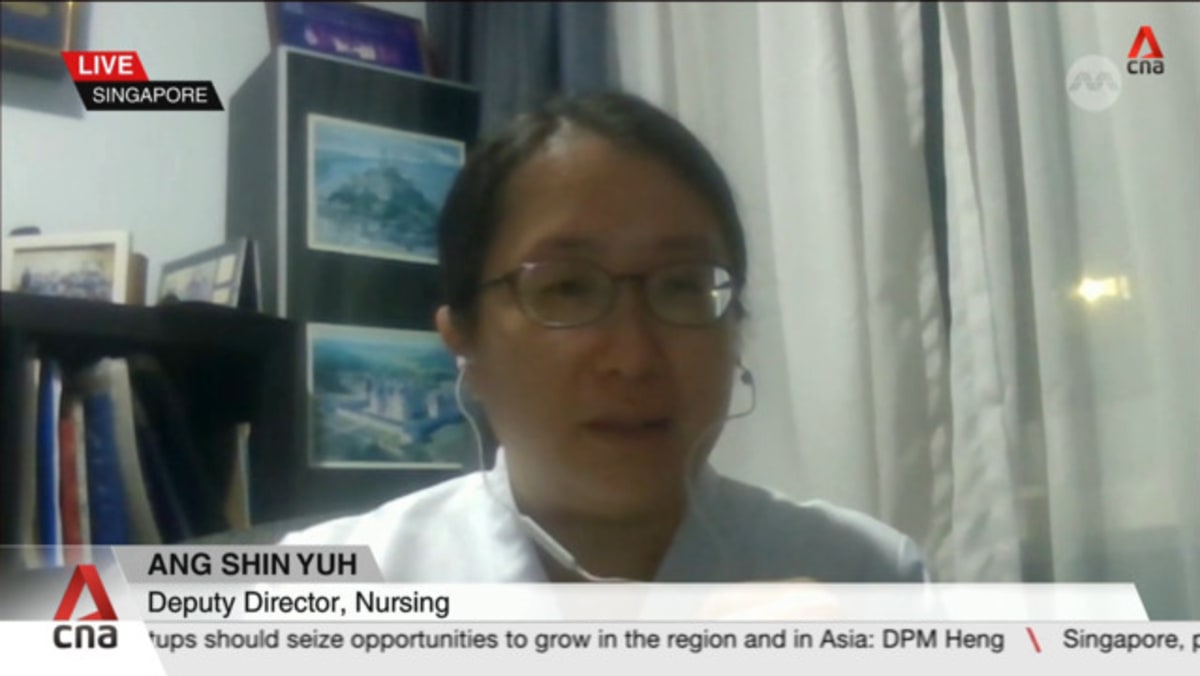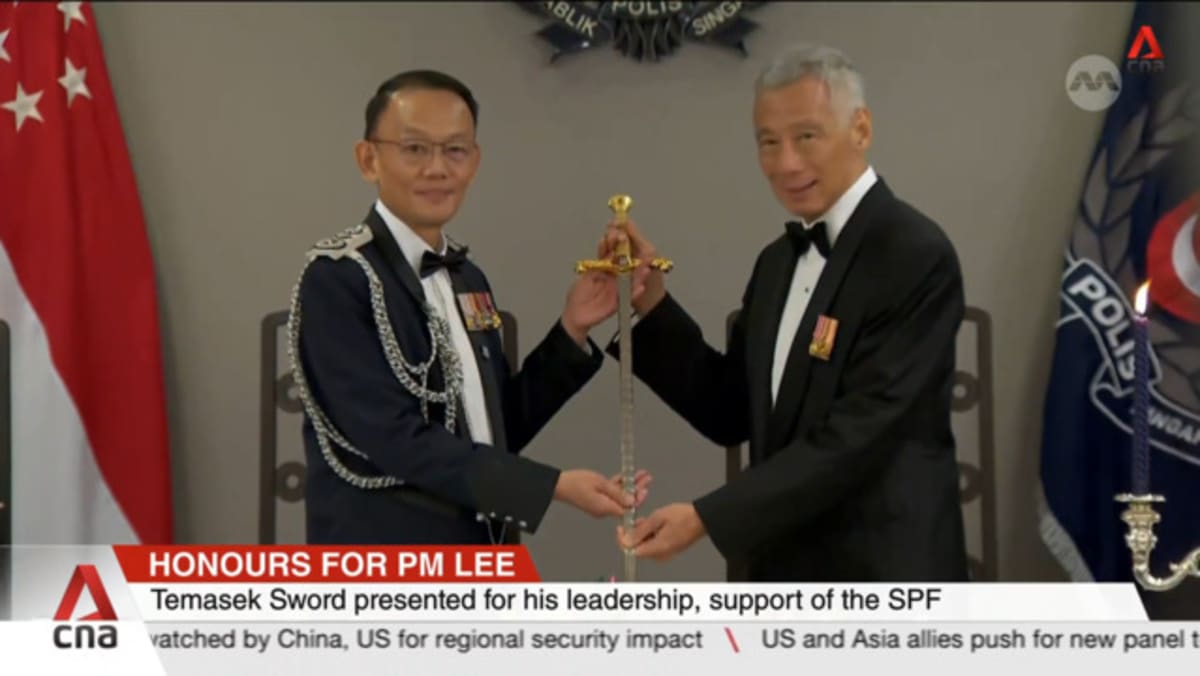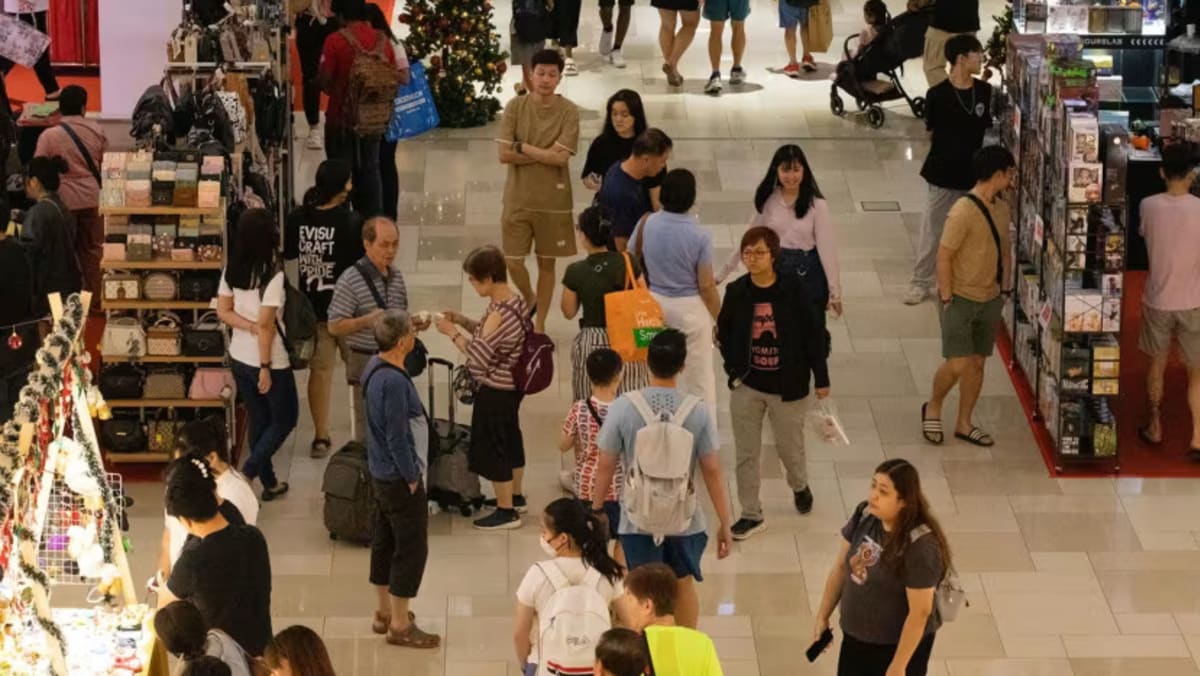SINGAPORE — After nearly 20 years heading Singapore’s Government, Prime Minister Lee Hsien Loong will step down on May 15, 2024.
At 72, Mr Lee is handing over the reins later than intended, due to the Covid-19 pandemic and after a hiccup in succession plans.
The political succession appeared to be taking shape from 2018, when Deputy Prime Minister Heng Swee Keat was tipped to be the next Prime Minister. But in April 2021, Mr Heng, then 60 years old, stepped aside as a candidate for the top job, citing his age as the reason.
A period of uncertainty ensued as Singapore’s fourth-generation, or 4G, leaders mulled over who they would choose as the “first among equals”.
After a year of deliberation, Finance Minister Lawrence Wong was named the successor and, shortly after, he was appointed Deputy Prime Minister. The 51-year-old will be appointed Prime Minister when Mr Lee steps down.
The transition comes 12 years after Mr Lee pronounced in 2012 that he did not want to be Prime Minister beyond the age of 70.
Here’s a look back at Mr Lee’s life and four decades in politics:
POLITICAL AND POLICY MILESTONES
As Singapore’s third Prime Minister, Mr Lee led Singapore through several crises and critical changes from 2004 to 2024.
Before Mr Wong takes over this year, a new roadmap for the country has been laid out in the Forward Singapore report. Likewise, Mr Lee led from 2001 to 2003 the Economic Review Committee, which formulated a new blueprint for the Singapore economy.
In the time since, Singapore has seen changes to its Central Provident Fund (CPF) system, significant tweaks to the tax regime, a decisive shift to the services economy and weathered the 2008 financial crisis, as well as the Covid-19 pandemic.
If GDP figures were Mr Lee’s report card, he has certainly scored as the nation’s economic strategist, growing Singapore’s GDP from S$194 billion in 2004 to more than S$600 billion last year.
As Prime Minister and the Finance Minister from 2001 to 2007, Mr Lee succeeded in making Singapore’s economy even more sophisticated than it was, and turning the city into a more global city, as a political scientist put it in 2014, 10 years into Mr Lee’s premiership.
In fact, Mr Lee may have grown it too fast at one point. His party was punished by voters in the 2011 General Election, who were unhappy with the high cost of housing and the impact of an influx of foreigners on public infrastructure. Midway through the GE, the Prime Minister apologised to voters for these lapses.
In that watershed election, the PAP lost its first Group Representation Constituency and its vote share fell to a low of 60.1 per cent.
However, Mr Lee himself did not seem to consider economic success his greatest contribution, saying in an interview in 2015 that he was particularly satisfied with the emphasis he has placed on education. On his watch, the pathways for education have opened up and there has been more emphasis on and investment in the Institutes of Technical Education and polytechnics.
Speaking about the next phase of Singapore’s development in that interview eight years ago, he said: “I think that for the next phase, the narrative cannot be a single word, nation-building. It has to be that we live in Singapore, we have a home, this is a place which is quite special.”
Over the years, Singapore has been gradually shifting its stance from aggressively growing the economy towards providing more comprehensive social safety nets and narrowing the income gap. The Gini coefficient, a common measure of income inequality, has fallen in the past decade, even as household incomes trend upwards.
While the Covid-19 pandemic put many countries on the back foot, revealing gaps in public health management and exacerbating inequality, Singapore’s healthcare system was not overwhelmed in the way other cities were even at the peak of the crisis.
Singapore’s ample financial reserves, which bankrolled substantive Covid-19 support measures helped the economy pull through relatively unscathed.
Through it all, Mr Lee addressed the nation numerous times, communicating clearly the highly fluid situation and Covid-19 restrictions, rallying citizens in one of the most severe crises in modern times.
Mr Lee has also had to navigate an ever-evolving electorate on issues of race, religion and social mores. Notably the controversial Section 377A — a colonial-era law that banned gay sex — was repealed in 2022, after years of tussle among different segments of society and activists.

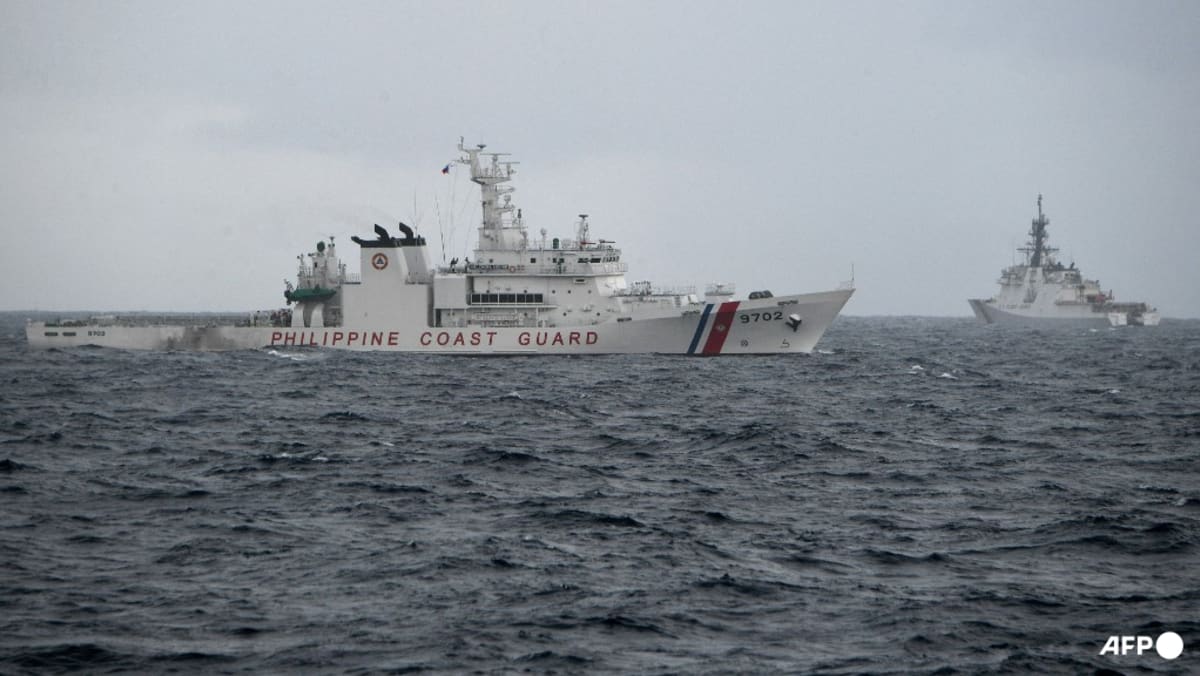
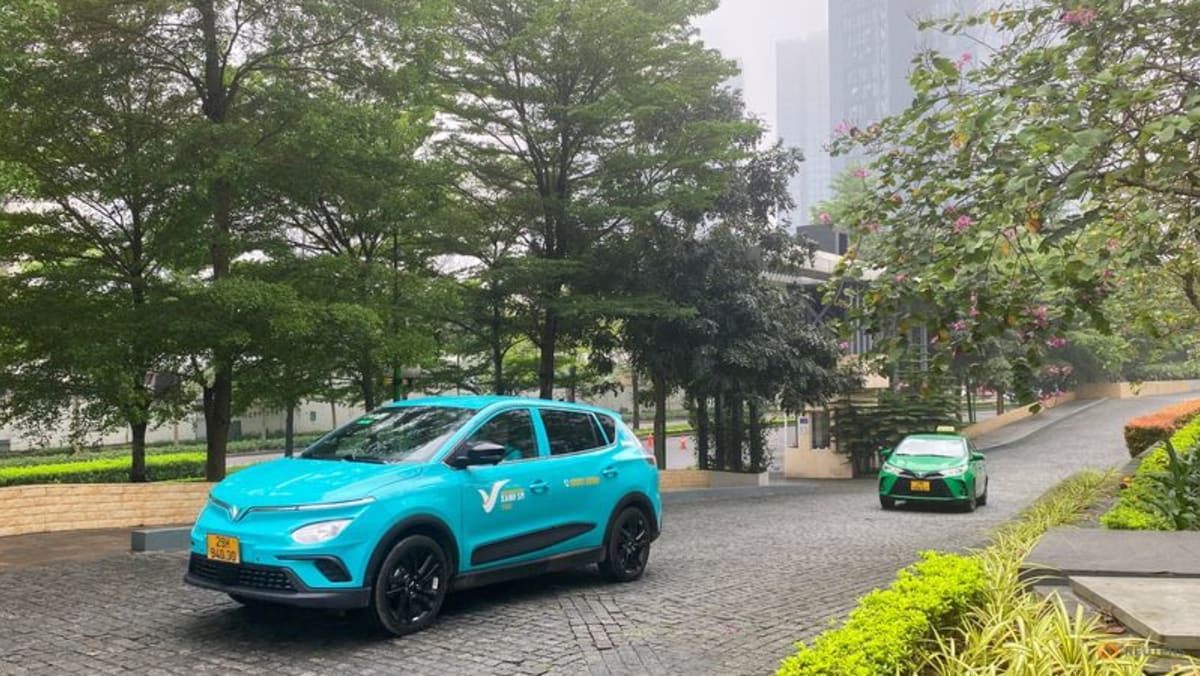


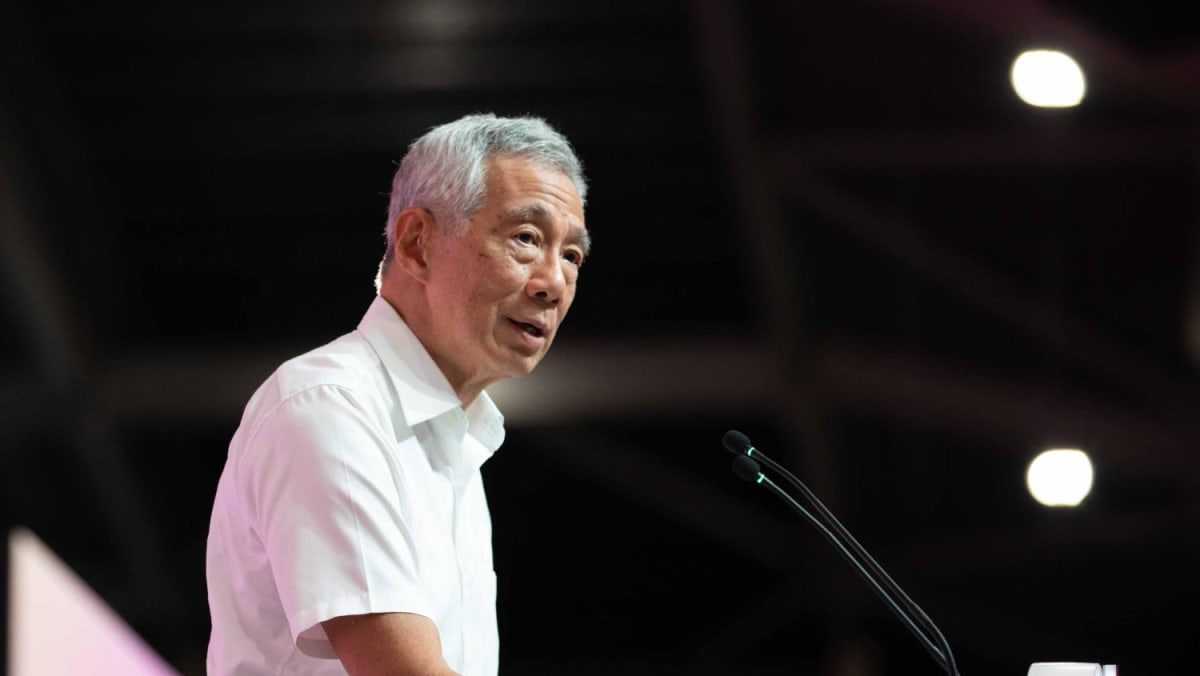
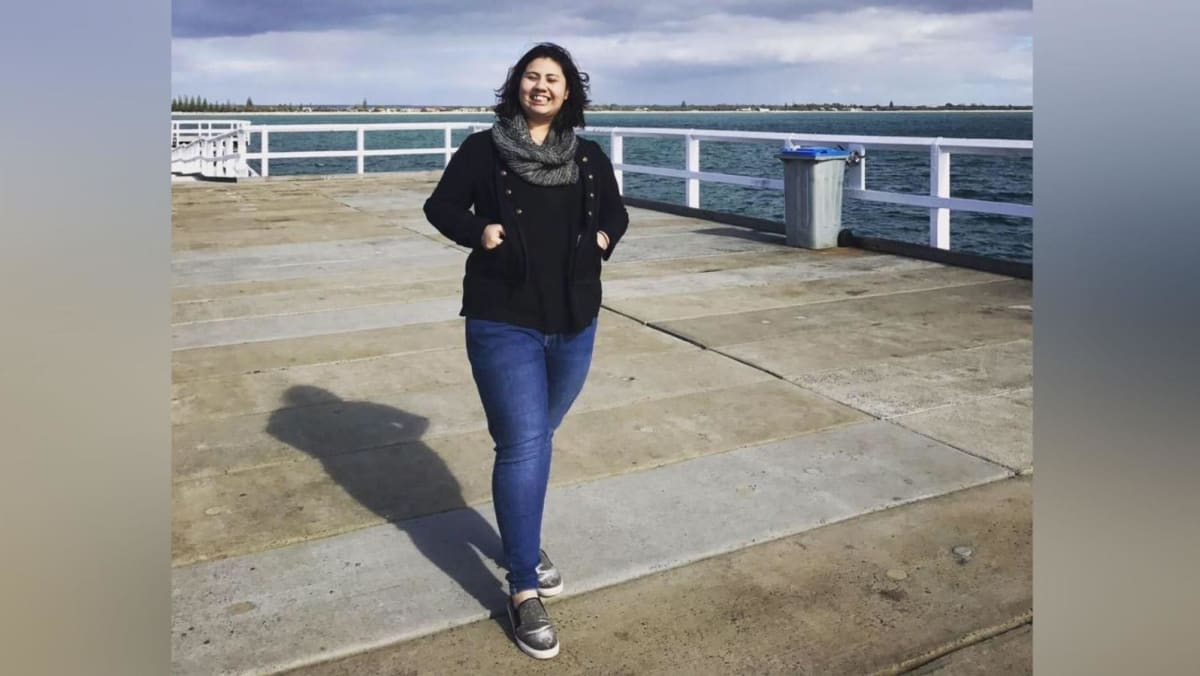


.jpg?itok=m2bF8Exc)

